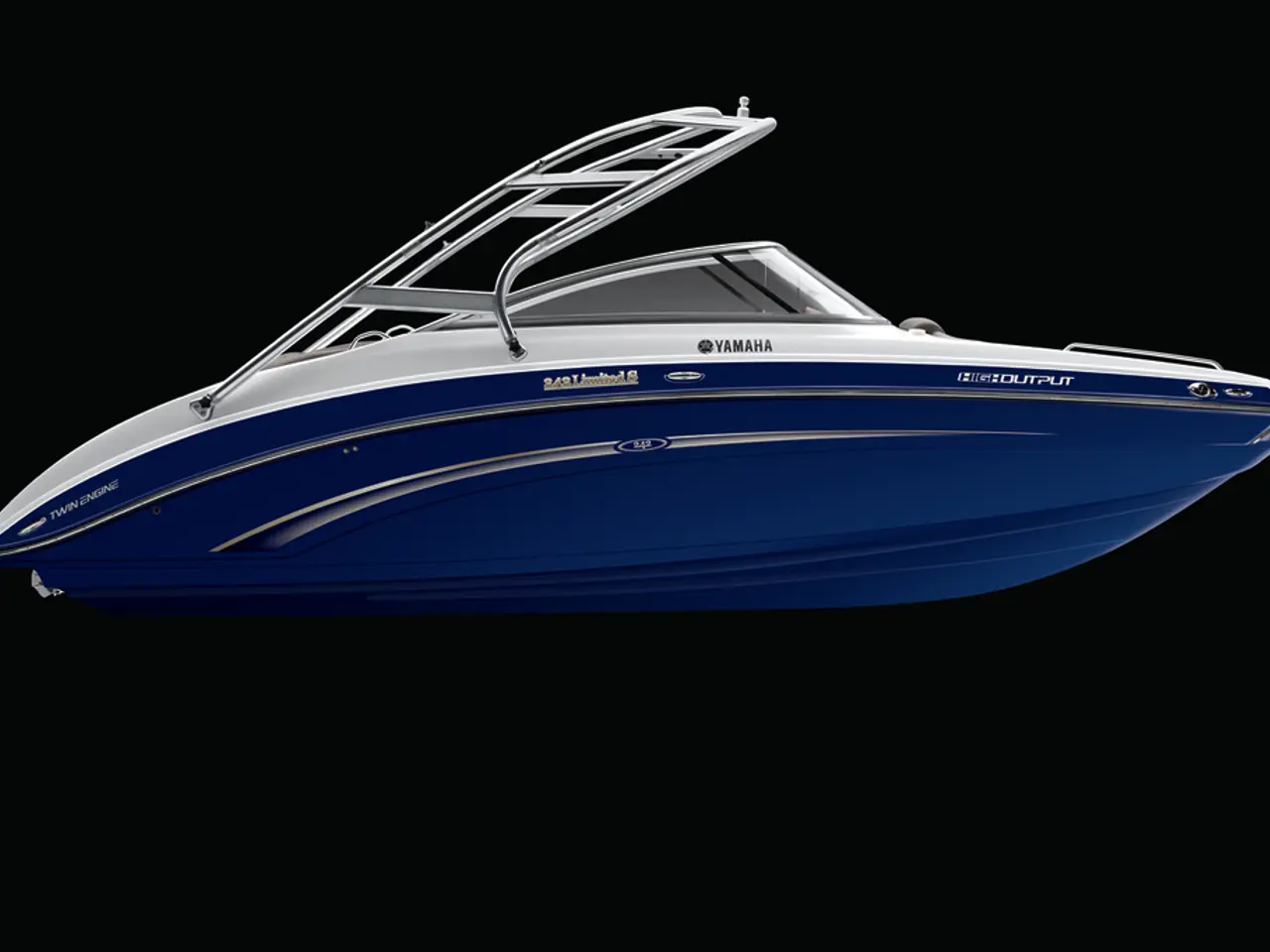Tragic boat accident in Bali coastal waters leaves three tourists deceased
In the waters surrounding Indonesia, a series of unfortunate events have taken place, raising significant concerns about maritime safety. The world's largest archipelagic state, heavily reliant on ferry and boat transportation, has seen a spate of incidents that have resulted in multiple casualties, including foreign tourists.
On July 1st, a fire broke out on a ferry carrying hundreds of passengers in North Sulawesi, leading to at least five deaths. Just a month earlier, a ferry carrying 65 passengers and crew members sank between Java and Bali, with only about half of them surviving.
The latest incident occurred near the harbor entrance of the port of Sanur, where a tourist boat named Dolphin II capsized, resulting in the tragic loss of three lives - two Chinese tourists and an Indonesian crew member. The boat was traveling from the island of Nusa Penida to the port of Sanur.
The causes of these recent maritime incidents in Indonesia are not yet fully determined. However, it is widely acknowledged that overloading, poor vessel maintenance, rough weather, lack of strict inspections, and operator negligence are primary factors contributing to these accidents. Challenges such as outdated safety standards, aging vessels, and inadequate enforcement of maritime regulations also play a role in creating unsafe maritime conditions.
To address these issues, several measures are being pursued or recommended. These include regular and strict inspections of vessels, especially passenger ferries, to ensure seaworthiness and compliance with safety equipment standards. Implementing vessel age limits, such as a proposed 25-year cap on vessels in service, is another step towards retiring older, less safe ships.
Strengthening vessel monitoring systems and maritime domain awareness, through cooperation with regional partners like Australia, is crucial in enhancing maritime enforcement and disaster response capabilities. Building a culture of safety among operators and stakeholders, improving the skills of the maritime workforce, and enhancing regulation and enforcement are also essential in preventing operators from overloading vessels or cutting corners on maintenance.
These efforts align with Indonesia’s broader maritime strategy to develop a sustainable blue economy, which includes protecting marine environments and promoting responsible maritime practices. Coordinated regional cooperation and adherence to international maritime laws, such as UNCLOS, also help in managing maritime security risks that impact safety.
In the aftermath of these incidents, it is clear that the combination of regulatory enforcement, modernized safety standards, improved vessel maintenance, and enhanced maritime cooperation form the foundation of measures to improve maritime safety and reduce the incidence of boat accidents in Indonesia. The hope is that these measures will lead to a safer future for all those who rely on Indonesia's waterways for transportation.
The search continues for many victims from the July ferry sinking who are still officially listed as missing. The investigations into the causes of these incidents are ongoing, and it is hoped that lessons will be learned to prevent such tragedies from happening again.
- The concerning incidents in Indonesia's waters, involving travel via ferries and boats, have raised questions about maritime safety, particularly since foreign tourists have also been affected.
- A fire on a ferry in North Sulawesi on July 1st led to at least five casualties, while a ferry between Java and Bali, carrying 65 people, sank in June, leaving about half of them dead.
- The latest accident happened near the Sanur port, where a tourist boat named Dolphin II capsized, resulting in the death of three people - two Chinese tourists and an Indonesian crew member.
- The reasons behind the recent maritime accidents in Indonesia remain unclear, but overloading, poor maintenance, rough weather, lack of inspections, and negligence are suspected to be contributing factors.
- To improve safety, measures such as regular inspections, age limits for vessels, strengthening vessel monitoring systems, developing a safety culture, improving maritime workforce skills, and enhancing regulations and enforcement are being considered or advocated.
- These steps align with Indonesia's broader maritime strategy, aiming to promote a sustainable blue economy, protect marine environments, and encourage responsible maritime practices, along with regional cooperation and adherence to international maritime laws.
- The investigations into the causes of these incidents are ongoing, with the hope that lessons will be learned to prevent future accidents and ensure a safer future for all travelers in Indonesia's waterways.
- In addition to boat accidents, concerns within the broader context of general news include crime and justice, war and conflicts, policy and legislation, accidents, fires, sports, sports betting, and weather forecasting.
- As efforts progress to enhance maritime safety in Indonesia, budget-conscious travelers might consider alternatives like cultural travel and adventure travel while keeping an eye on weather conditions to ensure a secure and enjoyable trip.




